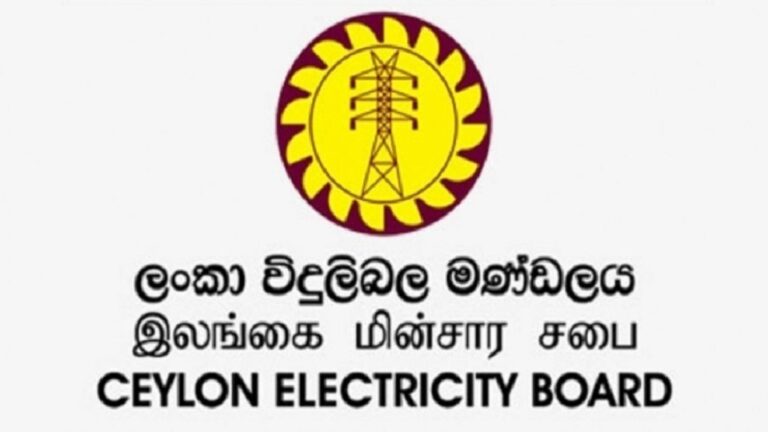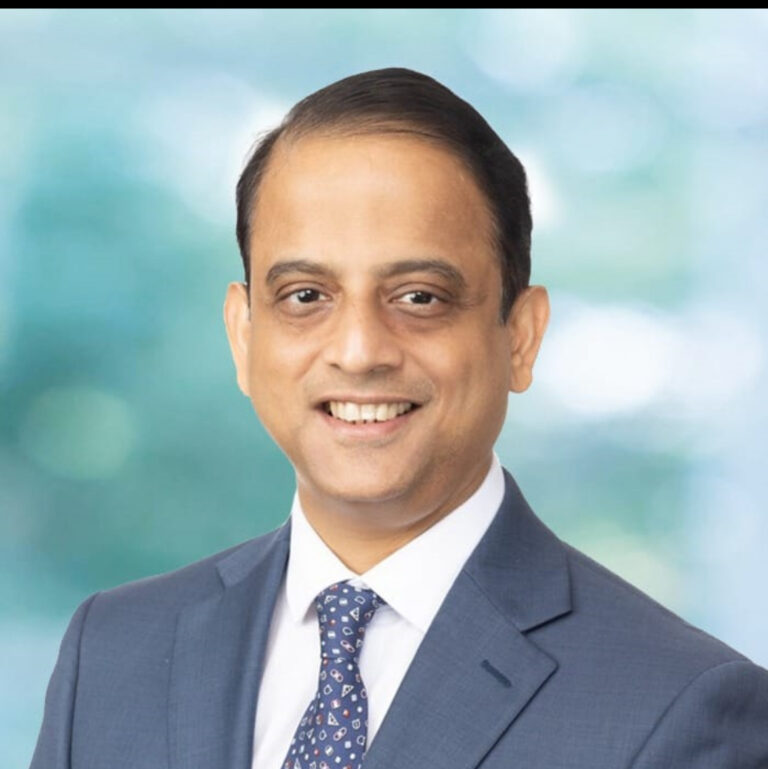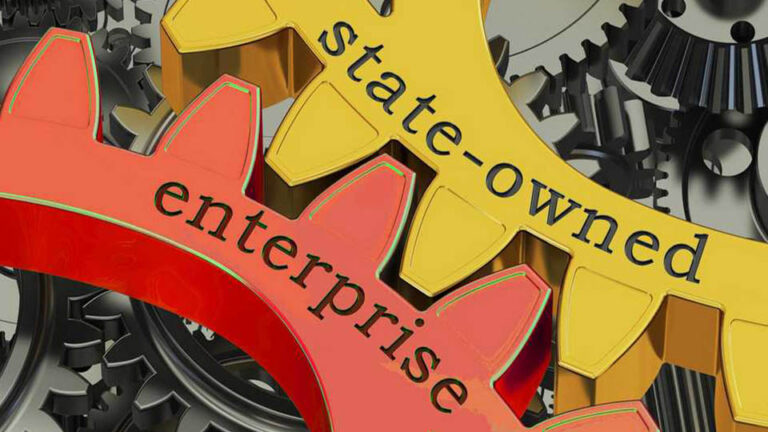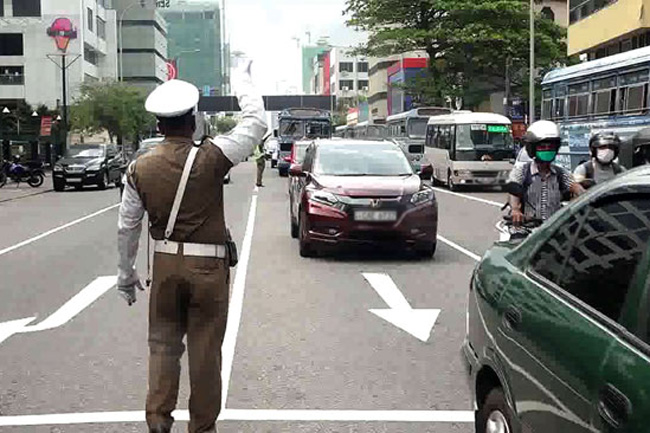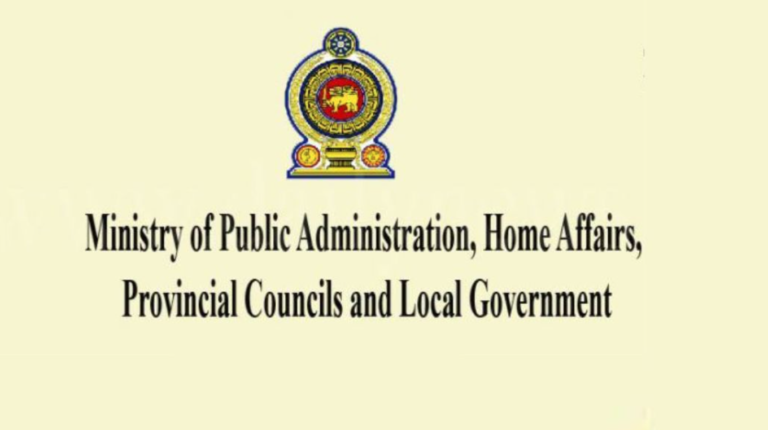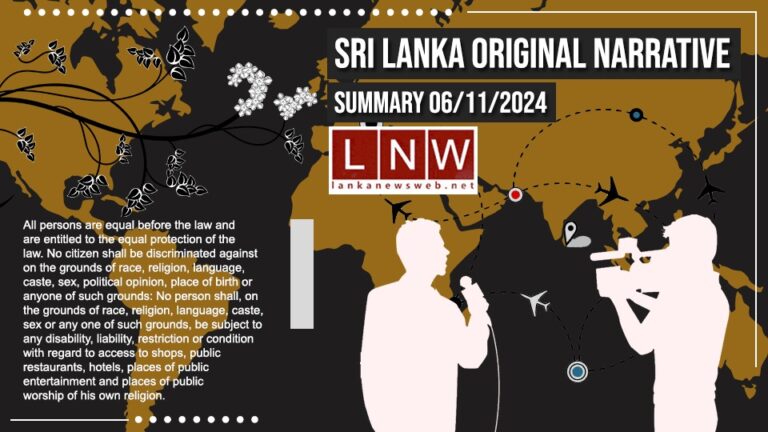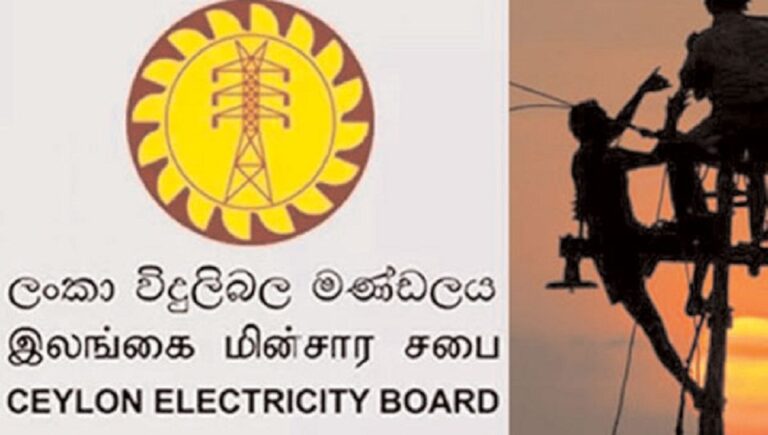November 06, Colombo (LNW): Salesforce, a global leader in customer relationship management (CRM), has reaffirmed its commitment to digitally transforming businesses in Sri Lanka, aligning with the country’s 2030 vision of becoming a fully digital nation.
By leveraging cutting-edge artificial intelligence (AI) and automation technologies, Salesforce aims to revolutionize customer experiences across various industries, helping businesses unlock significant value and drive growth.
In a video message at the media launch, Arundhati Bhattacharya, Chairperson and CEO of Salesforce India, emphasized Sri Lanka’s strides in adopting technology, which have helped build a dynamic digital economy.
She noted that the country’s vision of reaching a $15 billion digital economy by 2030, supported by an AI strategy, is a crucial driver for economic competitiveness, job creation, and sustainable development.
Salesforce, she said, is committed to supporting businesses in Sri Lanka by providing resources to help them thrive in the digital era.Several leading Sri Lankan companies, including Campus Direct, Cinnamon Hotels, Keells Super, Dilmah Tea, and Third Space Global, are already utilizing Salesforce’s AI-driven solutions to transform their digital strategies.
These businesses are using Salesforce to enhance productivity, improve efficiency, and revolutionize customer interactions—key elements of a successful digital transformation in line with the government’s vision for innovation and sustainable growth.
A major component of Salesforce’s strategy is the introduction of Agentforce, a suite of autonomous, customizable AI agents and tools that collaborate with employees to streamline operations.
With low-code capabilities, Agentforce allows organizations to build and deploy their own agents quickly. These agents can perform tasks like answering customer inquiries, qualifying sales leads, and optimizing marketing campaigns.
The Salesforce platform also features Customer 360, which integrates sales, service, marketing, and commerce, providing businesses with a comprehensive view of customer interactions.
Furthermore, Salesforce’s integration platform MuleSoft facilitates seamless connectivity between applications and APIs, allowing businesses to bring in third-party data and extend the capabilities of Agentforce.
In addition, Slack, a collaboration tool within the Salesforce ecosystem, empowers employees by enabling them to interact with AI agents directly in the flow of their daily work, improving the relevance and context of their interactions.
The role of Salesforce’s local partners in Sri Lanka was also highlighted during the launch. Ramesh Shanmughanathan,
Executive Vice President and Group CIO of John Keells Holdings (JKH), spoke about the opportunity for transformative change across industries due to the growing digital ecosystem in Sri Lanka.
He emphasized that the partnership with Salesforce would help accelerate innovation and drive exceptional outcomes for customers.
Nalaka Umagiliya, Senior Vice President of JKH’s Group Information Technology division, shared that the collaboration with Salesforce was pivotal in advancing JKH’s CRM, sales, marketing, and loyalty operations.
The focus on data privacy and customer consent management would further elevate customer engagement and optimize business processes, leading to significant efficiency gains for the company.

